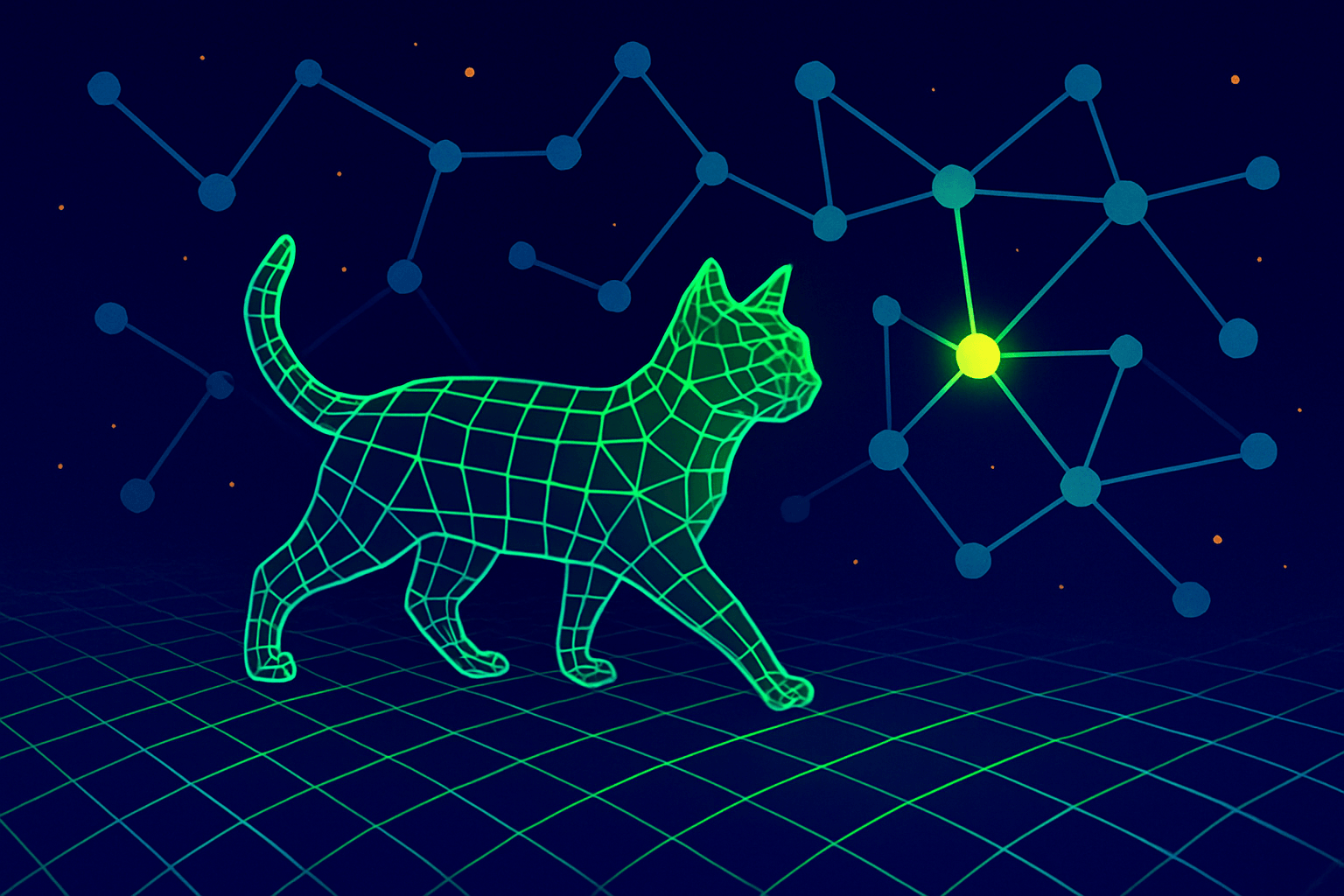A team of researchers at UC Berkeley has successfully used ChatGPT to generate large datasets to study metal-organic frameworks (MOFs) useful in combating climate change.
According to a recent study published in the Journal of the American Chemical Society, the use of ChatGPT enabled the rapid collection of data on MOFs, accelerating research. MOFs are highly porous materials that can be used to reduce water scarcity and air pollution.
Binding ChatGPT to a source
To use ChatGPT to generate accurate and relevant information, the researchers wrote prompts to achieve structured output while reducing hallucinations by having the language model refer only to the information in the paper.
Answer the question as truthfully as possible using the provided context. If any information
is not provided or you are unsure, use "N/A".Please focus on extracting experimental conditions from only the MOF synthesis and ignore
information related to organic linker synthesis.Prompt example
The research team created instructions and contextual information for ChatGPT to extract, cleanse, and organize text passages from 228 relevant scientific papers.
The results were impressive: ChatGPT completed in "a fraction of an hour" what would have taken a graduate student years to complete, the researchers say, and achieved 95% accuracy in extracting data about MOFs.
AI accelerating science
Using ChatGPT allows chemists to process large amounts of data without programming skills, speeding up their research, the paper concludes. This could accelerate discoveries in the field of MOFs, saving valuable time in the fight against climate change.
"One big area of how you do ‘AI for science’ is probing literature more effectively. This is really a substantial jump in doing natural language processing in chemistry," said Chayes, dean of the College of Computing, Data Science, and Society. "And to use it, you can just be a chemist, not a computer scientist."
What's more, the method could be applied to other areas of chemistry, exemplifying how artificial intelligence can accelerate scientific research.






